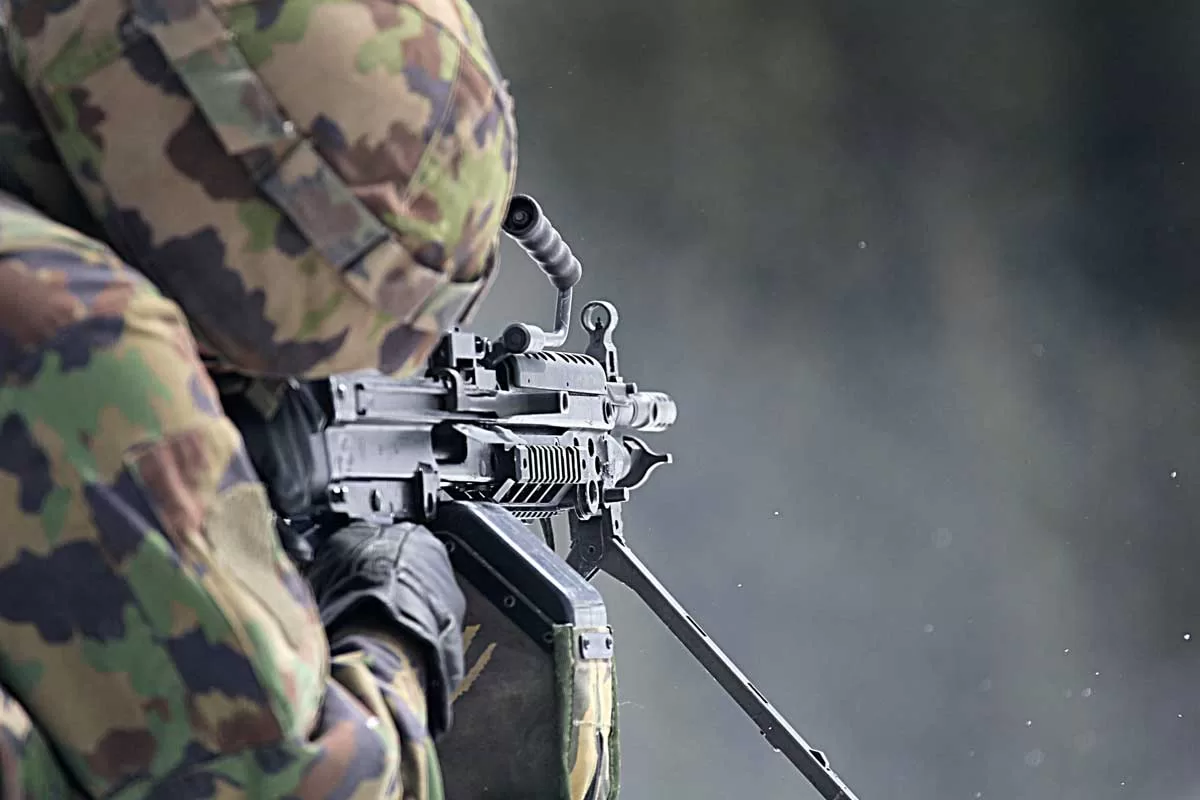Mary Kaldor argues that, to eliminate the danger posed by new wars, it is necessary to get an understanding of these conflicts. Although President Bush’s “coming of new Era” speech in 2003 alluded to the “new warfare of information technology rich in precision ever before,” his focus was on the societal repercussions of conflict rather than informational warfare.
According to Mary Kaldor, the “old conflicts” of the late 18th century were the defining feature of Europe. The state battled with uniformed soldiers governed by strict protocols. In turn, they contributed to the establishment of the state. There are fewer civilian casualties and prisoners are treated well in old battles. However, in the “New conflict,” both state and non-state actors form alliances. Since there was no longer any distinction between combatants and civilians as a result of these conflicts, tax revenue dropped and illicit trade was rampant, causing significant economic harm to the nations involved. A new political community in the state was created out of hate and terror, and it was given a new name: friend.
The result of resuming the Old War was not defeating the opposing state, but rather the dissolution of states and the outbreak of a New War. New Wars flagrantly disobey every single one of the rules established by the Old Wars, as well as the new set of human rights laws enacted after WWII. Rebuilding political legitimacy is essential in the fight against New Wars.
When compared to how the friend-enemy dichotomy contributed to the legitimacy of governments during the Old Wars, it has been shown to be crucial in undermining such legitimacy during the New Wars.
The concept of democracy against totalitarianism was expanded from the level of the state during the ancient wars. On September 11, 2001, the United States saw a dramatic shift in its trajectory. The public, government, and media all grappled at this time of institutional and epistemic upheaval to make sense of the unbelievable. Taking advantage of this semantic void, the President recast the terrorist threat and the politics of radical Islam in a far different light than Clinton did.
As a path-dependent process was set in motion, the “War on Terror” rhetoric became concrete, and several other understandings and policy possibilities were eliminated. Bush’s black-and-white “War on Terror” terminology had both direct and indirect repercussions on Hamas, as this essay demonstrates by exploring the themes of legitimacy contested, the ideologization of terror, and Islamists in the security prism.
The nature of warfare in the post-Cold War period provides historical background for the use of air power, for its appeal to liberal democracies, and for the succeeding British method of war, in conventional war and counter-insurgency. Using economic, technological, and industrial advantages, the essay first provides a synoptic evaluation of the value of air power in what David Edgerton has termed liberal militarism, allowing Britain to avoid costly and destructive ground combat. By looking at Britain’s employment of air power as part of a liberal militarist strategy to counter-insurgency, the study further challenges the idea that air power has limited usefulness in this context.
Mary Kaldor claimed that false beliefs in the cultural, military, and political supremacy of the West have led to the development of ineffective Western tactics for so-called “small wars,” or conflicts conducted outside of Europe. Such conflicts were formerly considered minor; but, after September 11, 2001, everything changed.
The major challenge to Western countries now comes from a transnational network enterprise with roots in the Global South and the Islamic world, rather than from other governments structured along similar lines. Western, and especially American, perspectives on the war on terror are still heavily influenced by outdated imperial and orientalist frameworks. Sun Tzu’s prescription for victory—”know thy adversary” and “know thyself”—requires letting go of rosy depictions of Western identity and developing an understanding of those we label terrorists.
As such, it is important to note that accomplished by tracking the multiple chronological frameworks that the George W. Bush administration used to describe the development of the War on Terror. It is suggested that the counter-terrorism “war” was written with importance, coherence, and normative integrity thanks to the use of claims to temporal discontinuity, linearity, and timelessness. This study adds to the ongoing denaturalization of the War on Terror’s allegedly descriptive construction by tracking the origins and consequences of these disparate texts and reflecting on the productivity of temporality as a discursive resource.
